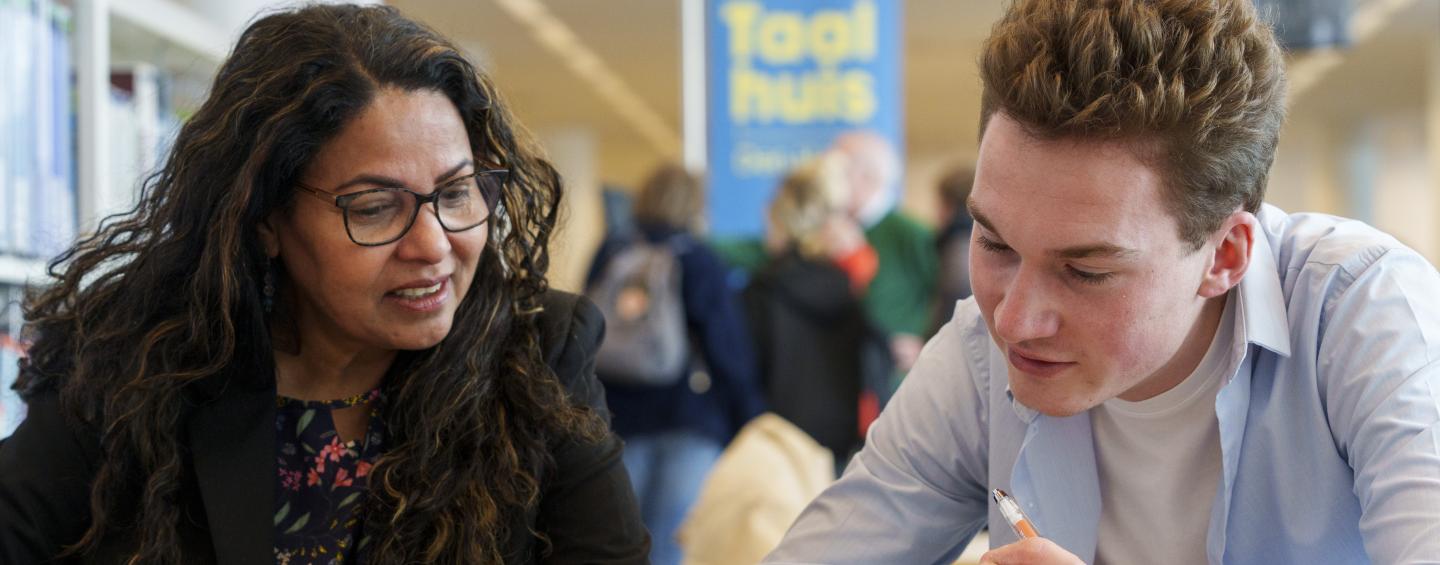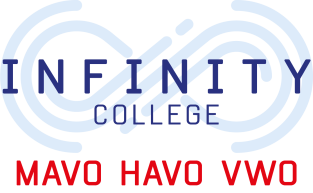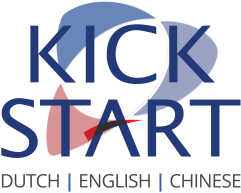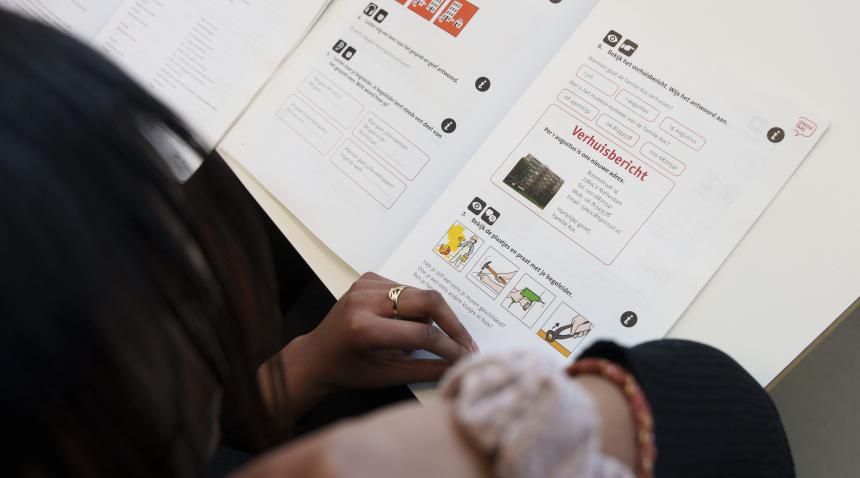
Learning Dutch in The Hague region
Luckily for those wishing to learn Dutch in The Hague region, there are plenty of options. Whether you’d like to undertake an intensive course, follow a weekly group course to learn and meet people at the same time, or join a free course, there’s plenty of options. Find our which requirements are needed to learn Dutch.
Dutch language requirement for studies and naturalisation
It’s always a good idea to learn the language of the country you live in and learning Dutch will help you with integration into your new home. If you’d like to obtain Dutch nationality, or a permanent residence permit in the future, you will have to pass various Dutch examinations.
For some people, it is mandatory to complete an inburgering as part of their immigration process. Language schools in the Netherlands work with The Common European Framework of Reference for Languages CEFR to classify the level of difficulty of their courses starting from A1 for beginners to C2 for advanced language proficiency.
There is a minimum requirement for Dutch language proficiency if you want to apply for Dutch citizenship through naturalisation, or a place in a Dutch vocational or higher education institution. Following are some general requirements:
- Dutch civic integration exam ‘inburgeringsexamen’
Minimum requirement of A2-level for certain residence permits, like non-temporary residence permit, as well as Dutch citizenship. - State exams Dutch as a second language NT2 I ‘Staatsexamen NT2 Programma I’
Minimum requirement of B1 level for studies in a vocational institution 'middelbaar beroepsonderwijs' (MBO). - State exams Dutch as a second language NT2 II ‘Staatsexamen NT2 Programma II’
Minimum requirement of B2 level for studies in a university ‘hogescholen’ (HBO).
NT2 'Nederlands als tweede taal' Dutch as a second language, is a Dutch language qualification that is recognised by the Dutch government and other organisations. The certification proves that you have achieved a solid command of the Dutch language. Depending on your residence status or goals, completion of this course may be required and may even be subsidised in your integration process.
Free Dutch courses and programmes
Follow the course 'Introduction to Dutch' for free through the FutureLearn platform. This three-week course is taught by Dutch and English lecturers of the University of Groningen and will help you learn the basics of the Dutch language.
'Het Begint met Taal' is a non-profit organisation that organises the 'kletsmaatjes' (Chat buddy) programme which connects volunteers with newcomers to help them them improve their Dutch proficiency through regular online chats.
Oefenen.nl is a free online platform for anyone who wants to practice their Dutch through online exercises.
The libraries in the city of The Hague offer a programme called ‘Taal in de Bibliotheek’, which offers free weekly Dutch practice sessions with others learning the language in the central library (located next to the City Hall), and all of the local neighbourhood libraries. If you live in Delft, there is the language centre at TU Delft, which offers courses both to students/employees and the general public.
Find the full list of Dutch language schools, language courses, conversation groups and more on our website or the Taalhuis Den Haag.
Five tips to learning Dutch
- Allow yourself to make mistakes.
- Practice any way you can, including listening to Dutch music, watching local TV programmes and reading Dutch (children's) books.
- Ask people to speak Dutch with you – even if they start speaking in English.
- Team up with others who are learning Dutch.
- Do not worry about your accent.







